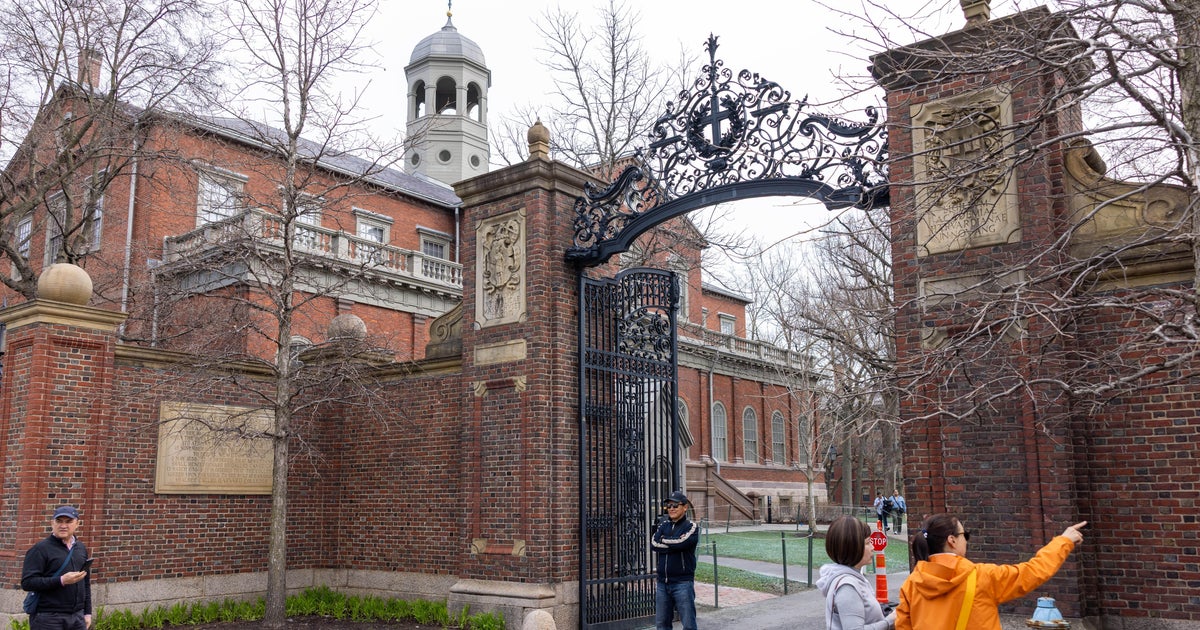-

2025.04.17 Phil Levine taxing Harvard 21% means $800 million to be paid The Chronicle of Higher Education
CategoriesPublished:Professor Phil Levine estimated that taxing the earnings on Harvard’s $50-billion endowment at the current corporate tax rate of 21% could total some $800 million annually. Currently Harvard pays 1.4%.
-

2025.04.17 Ella Wesenyak '26 and Jules Davidson '26 interviewed for Boston marathon WMUR
CategoriesPublished:Arielle Mitropoulos '19 reports on the communities along the Boston Marathon route. Includes interviews with Ella Wesenyak '26 and Jules Davidson '26 about the famous Wellesley Scream Tunnel.
-

2025.04.14 Nicole Micheroni ‘07 federal authorities sent confusing email The Boston Globe
CategoriesPublished:“It is time for you to leave the United States,” federal authorities wrote in an email received by immigration attorney Nicole Micheroni ‘07. Micheroni, who was born in Massachusetts, was confused.
-

Temporary hiring pause
CategoriesPublished:




